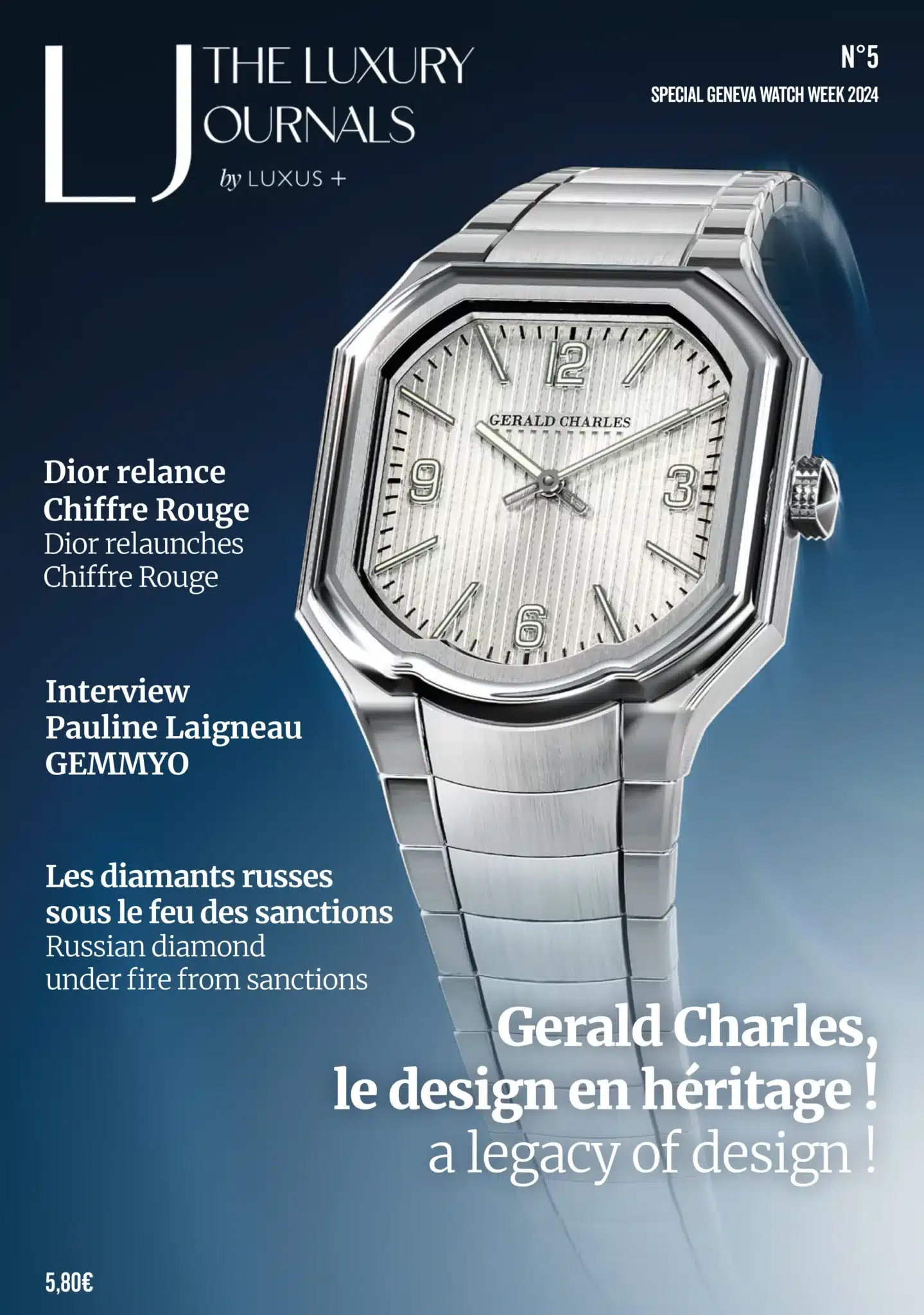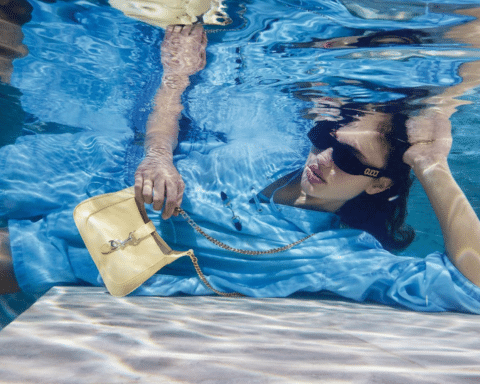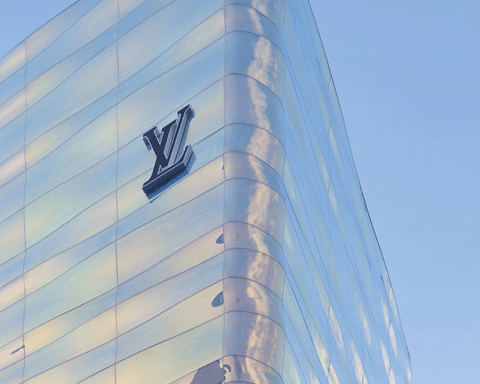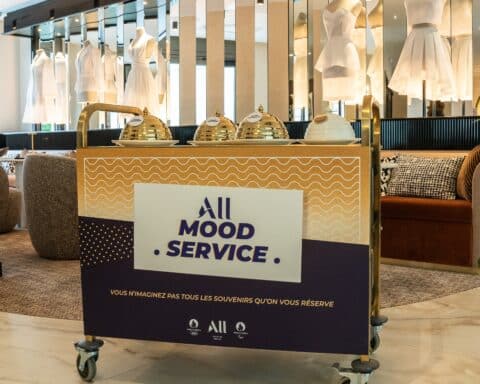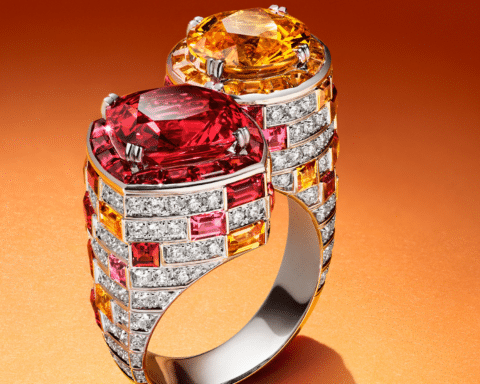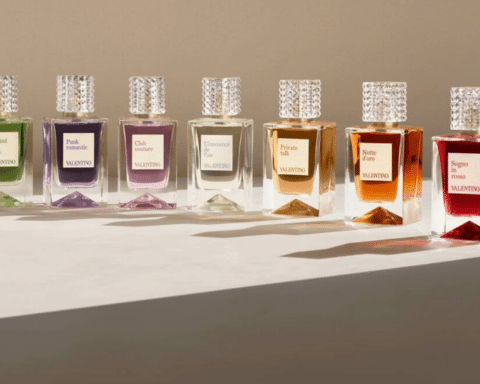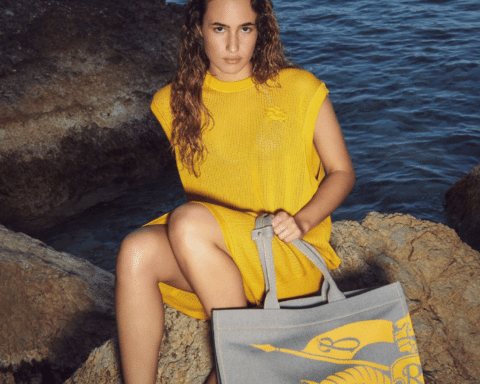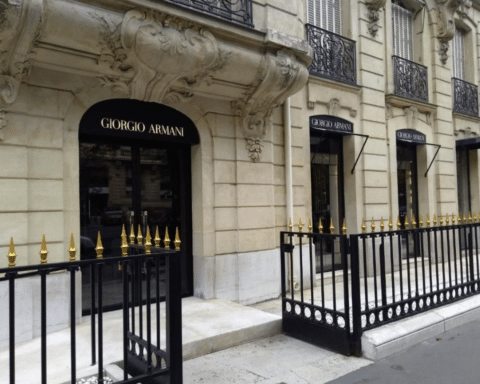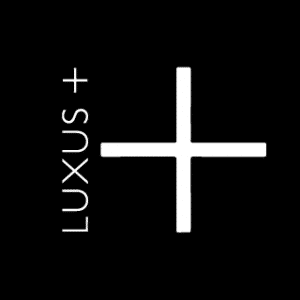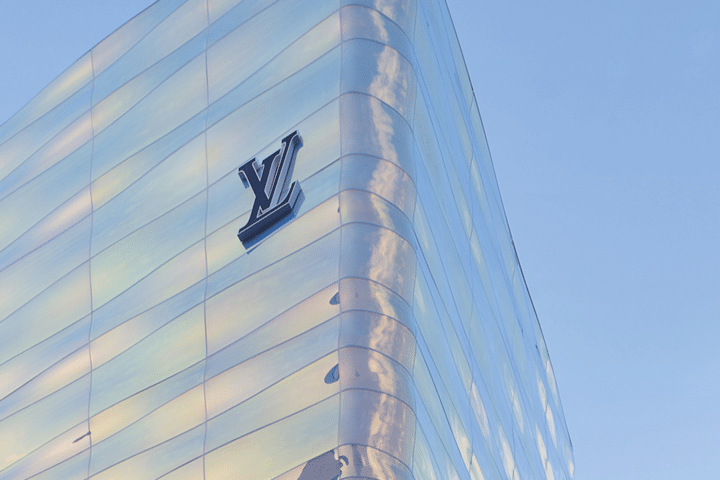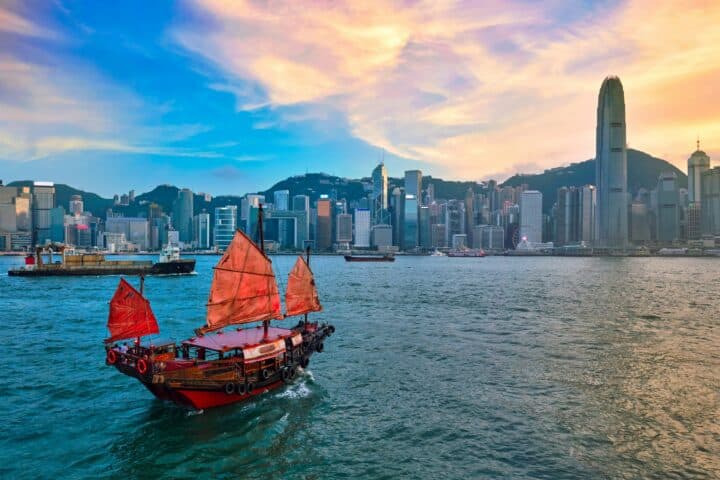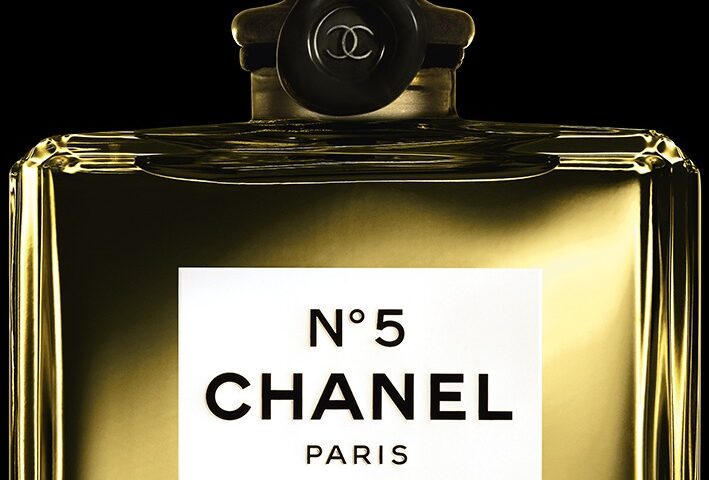[vc_row njt-role-user-roles=”administrator,armember”][vc_column][vc_column_text]
While the Covid-19 pandemic was raging around the world, China’s domestic market experienced a sharp increase in the consumption of luxury goods in 2020. A look back at the factors behind this rise in spending in mainland China.
According to data from Tmall Luxury Division, this strong demand would be linked to the limitation of air traffic in the context of the health crisis. As international travel has greatly decreased, Chinese consumers have naturally turned to the domestic market for luxury goods. This state of affairs is underpinned by restrictive legislation implemented in 2015 and aimed at reducing imports, controlling the domestic market and harmonizing brand prices.
Moreover, it is the consumers themselves who have changed. In particular, Generation Z forms a core group of consumers eager for luxury products. These millenarians are also the driving force behind increased digitalization. According to the study led by the Tmall Luxury Division, the development of online sales platforms and pop-up stores has enabled the deployment of multi-channel strategies and has facilitated the purchasing process, particularly for Chinese youth. Of course, this digital transition can be costly and is the main factor in distinguishing between small and large luxury brands with growth rates ranging from 10 to 70%.
Finally, duty-free shopping has been booming on the Chinese island of Hainan. At the end of October 2020, sales there were up 98% compared to the beginning of the year. These duty-free stores in the Hainan resort are the first step in the structuring of a national network of duty-free stores, made possible by the obtaining of new licenses.
Thus, these four sources have contributed to the boom in consumption in mainland China, which is expected to grow by 48% by 2020, approaching RMB 346 billion. This increase has contributed to doubling – up to 20% – China’s overall share of the global luxury market in 2020. According to the report, the country is expected to continue this momentum until 2022 or 2023. Luxury brands should continue to enjoy positive domestic growth of up to 30% until the second half of next year.
Read also > GLOBAL LUXURY MARKETS ARE ON TRACK FOR A RECORD DECLINE IN 2020, WHILE BUSINESS IS BOOMING IN CHINA
Featured Photo : © Presse[/vc_column_text][/vc_column][/vc_row]


